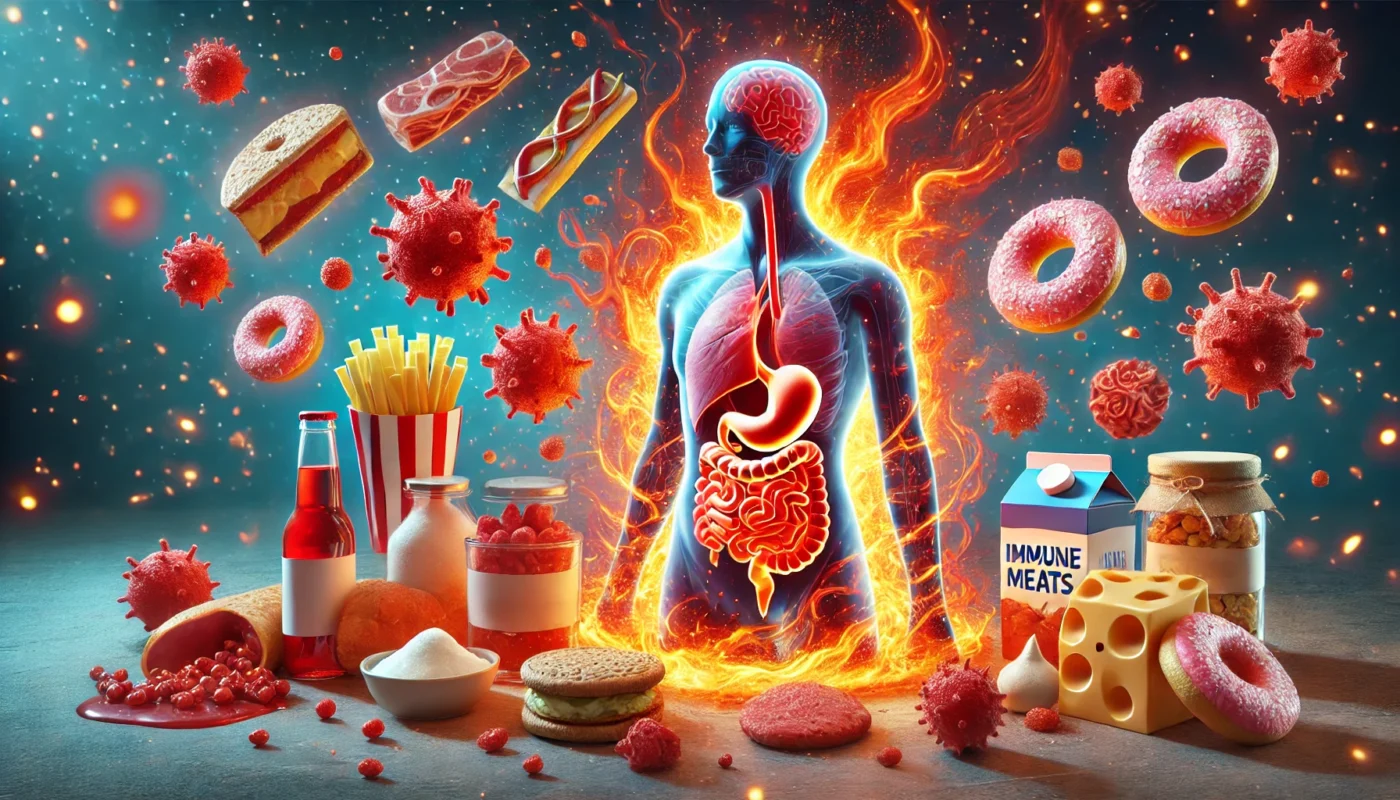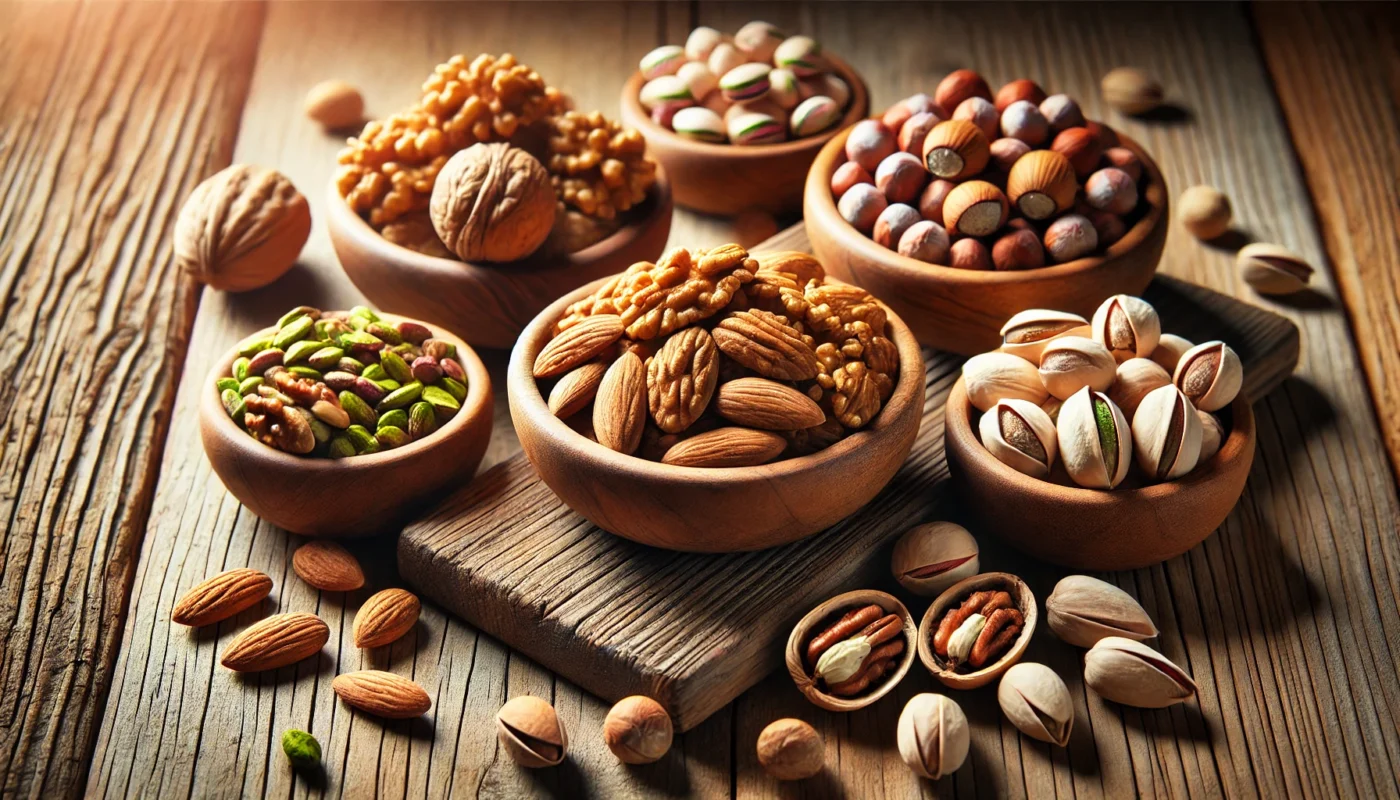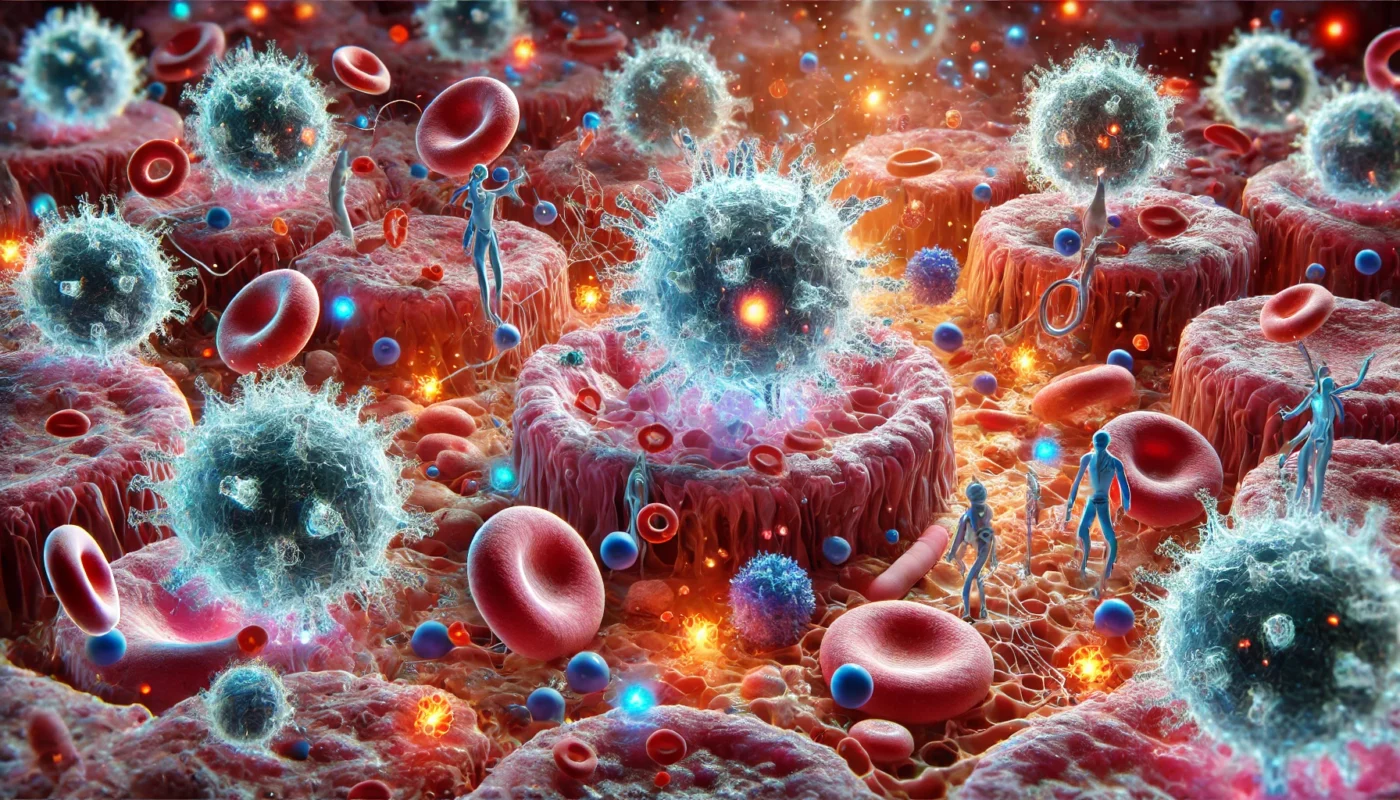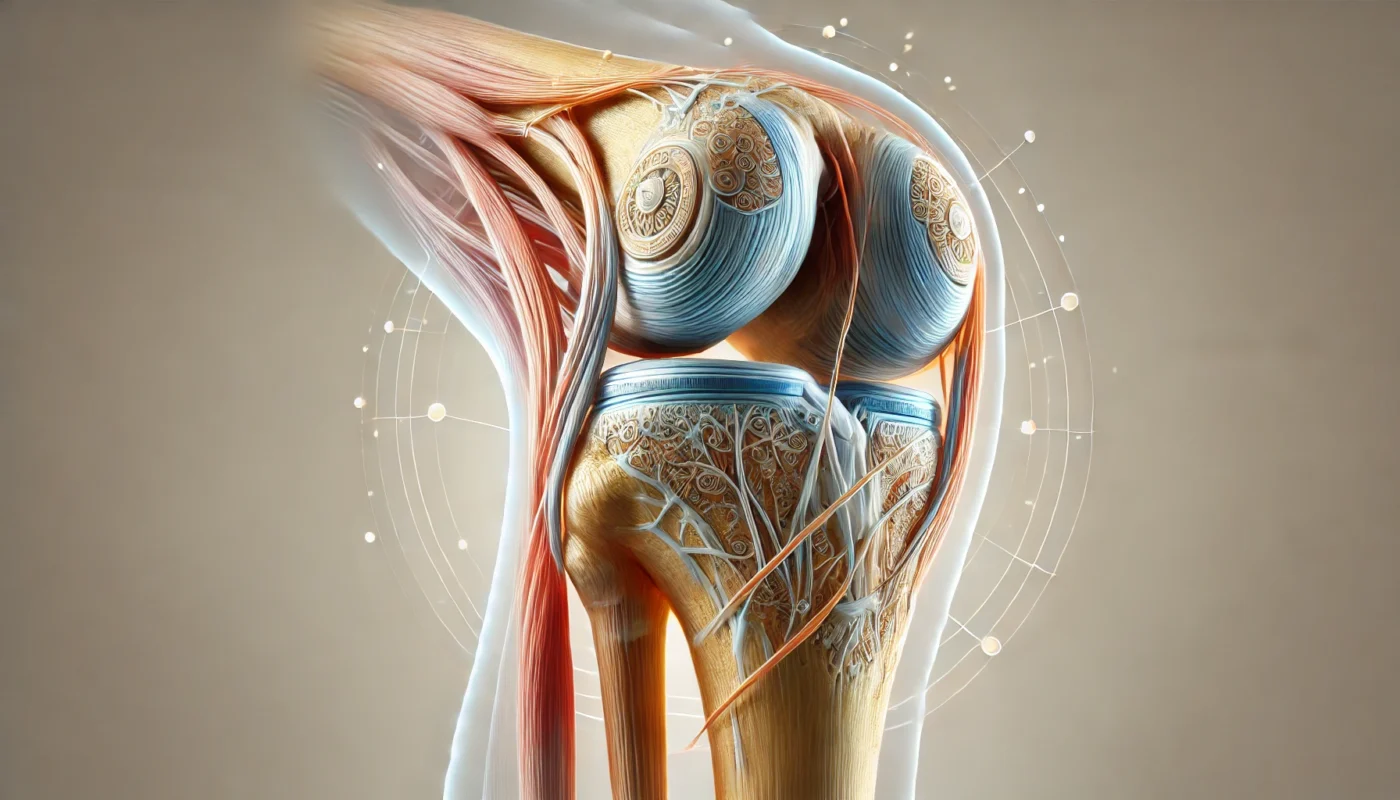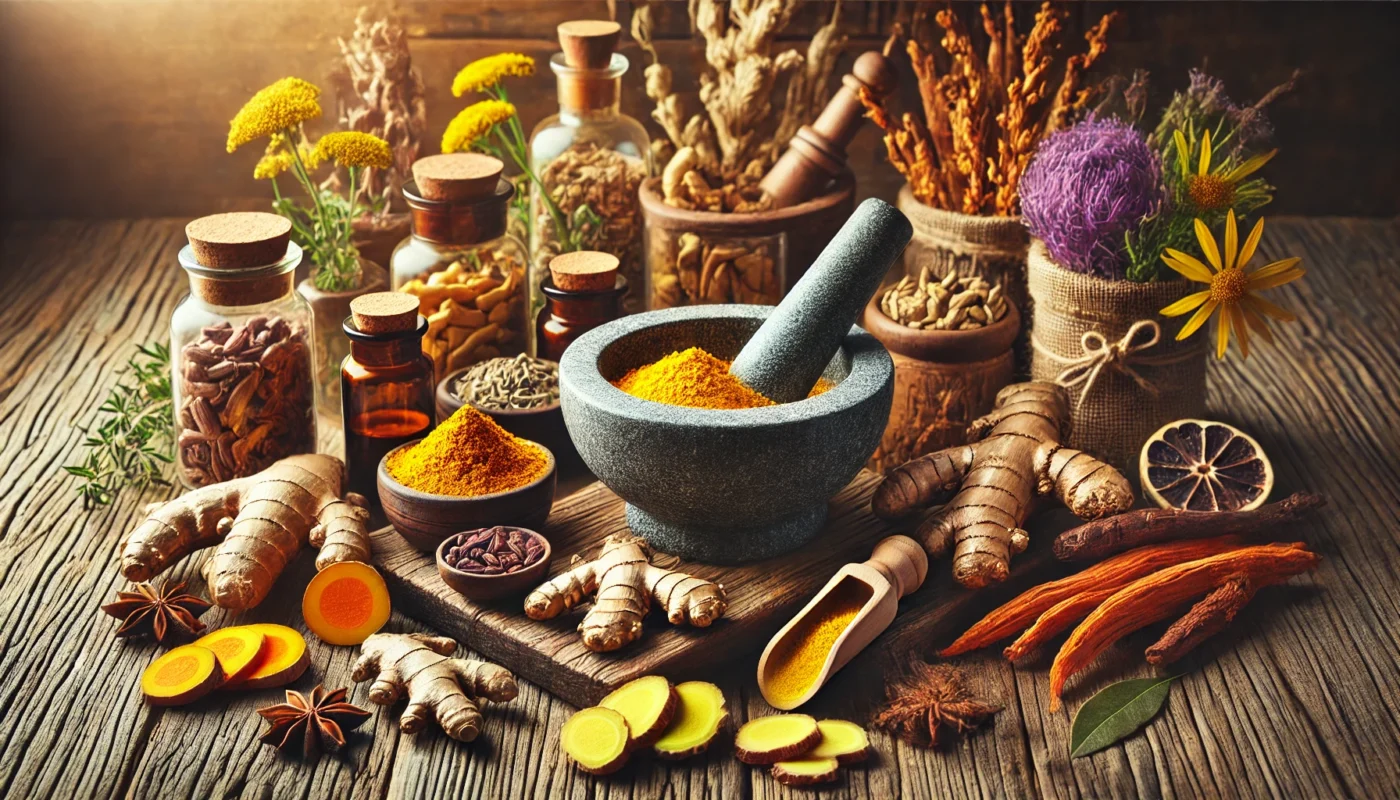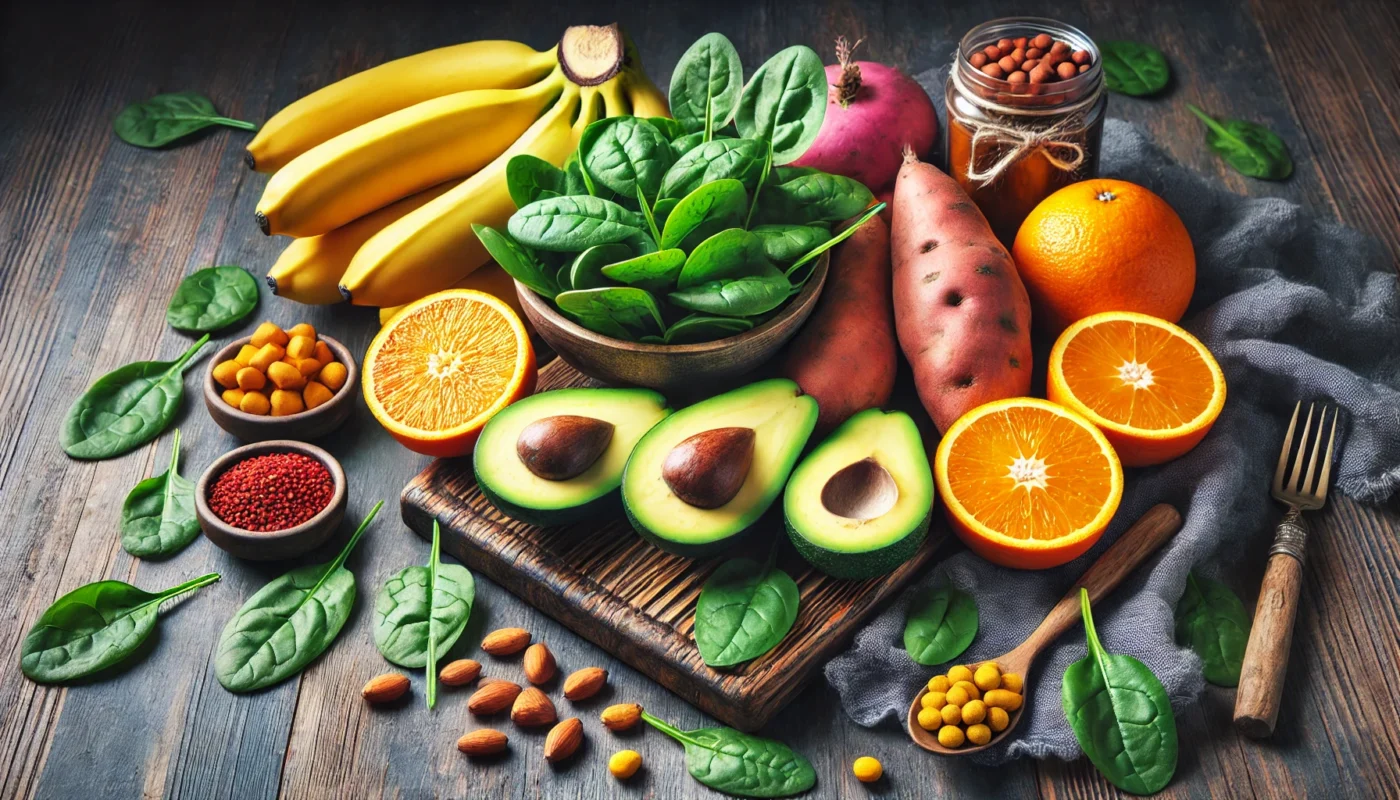When it comes to managing mental health, particularly conditions like depression and anxiety, finding the right medication can be a journey. Cymbalta, known generically as duloxetine, is a popular option for many. However, there are times when individuals may seek alternatives, whether due to side effects, cost, or simply a desire to explore other options. In this article, we’ll delve into various substitutes for Cymbalta, exploring their benefits, potential side effects, and how they compare.
Tag Archives: Omega-3
Inflammation is a natural and essential part of the body’s immune response. It is the body’s way of signaling the immune system to heal and repair damaged tissue, as well as defend against foreign invaders such as viruses and bacteria. However, chronic inflammation can lead to a host of health issues, including autoimmune diseases, cardiovascular conditions, and metabolic disorders.
Before diving into the specifics, it’s crucial to grasp the relationship between nuts and inflammation. Nuts are nutrient-dense foods packed with healthy fats, fiber, protein, vitamins, and minerals. While some might wonder, “are nuts inflammatory?” the answer largely depends on the type and quantity consumed. Generally, most nuts are beneficial in moderating inflammation due to their rich antioxidant content.
Natural NSAIDs are compounds found in nature that exhibit anti-inflammatory properties similar to conventional NSAIDs like ibuprofen and meloxicam. These natural alternatives can be derived from plants, herbs, and other natural sources. The search for natural NSAIDs has intensified as people seek to harness the power of nature in managing pain and inflammation. Various cultures have used natural remedies for centuries, and modern science is beginning to validate these traditional practices.
Inflammation is the body’s natural defense mechanism, triggered by the immune system to protect against injury, infection, or toxins. It involves the release of inflammatory proteins and chemicals to facilitate healing. However, when inflammation persists, it can result in chronic conditions. The key to managing inflammation lies in balancing the body’s response, ensuring it is neither overactive nor underactive.
When the body detects an injury or harmful pathogen, the immune system springs into action. White blood cells are dispatched to the affected area, releasing chemicals that cause blood vessels to expand. This process allows more immune cells to reach the site, facilitating repair. However, this response must be carefully regulated, as an unchecked immune reaction can lead to tissue damage.
Inflammation involves a complex interplay of cellular and molecular events. Pro-inflammatory cytokines and chemokines are produced to recruit immune cells to the site of injury. Additionally, the complement system, a group of proteins in the blood, becomes activated to enhance the ability of antibodies and phagocytic cells to clear pathogens. Understanding these mechanisms is crucial for developing strategies to manage inflammation effectively.
Holistic health is an approach that considers the whole person—body, mind, spirit, and emotions—in the quest for optimal wellness. It emphasizes the connection between these components and how they contribute to overall health. Rather than focusing solely on symptoms, holistic health aims to identify and address the root causes of health issues, thereby promoting long-term […]
Joints are the connections between bones that allow for movement and provide mechanical support. Ligaments are the fibrous connective tissues that link bones together at the joints. Both are pivotal in maintaining physical functionality. When joints are not healthy, it leads to discomfort, pain, and even debilitating conditions such as arthritis.
Prednisone is a common medication prescribed for a variety of health conditions. It’s a synthetic corticosteroid that works by suppressing the immune system and reducing inflammation.
However, long-term use of prednisone can lead to unwanted side effects. These can include weight gain, osteoporosis, and an increased risk of infection. As a result, many individuals are seeking natural alternatives to prednisone.
This article aims to explore these natural alternatives. We’ll delve into the science behind them and how they can be applied in a practical way. Our focus will be on holistic and alternative health approaches for managing inflammation and autoimmune diseases.
We’ll discuss natural corticosteroids produced by the body and how certain plants contain phytochemicals with anti-inflammatory properties. We’ll also explore the role of diet, exercise, and lifestyle changes in managing inflammation.
Moreover, we’ll look at the potential benefits and risks of using herbal supplements as natural prednisone substitutes. It’s important to note that while these alternatives can be beneficial, they should be used under the guidance of a healthcare provider.
Edema can be a challenging condition to manage. It’s characterized by swelling caused by excess fluid trapped in the body’s tissues.
While there are many factors that can contribute to edema, diet plays a significant role. Certain foods can help reduce swelling and improve overall health.
This article aims to provide a comprehensive guide to the best foods for edema. It’s designed to help you understand the science behind edema and how dietary changes can make a difference.
We’ll explore foods rich in essential nutrients that can help manage edema. We’ll also delve into the role of sodium, potassium, hydration, and protein in controlling this condition.
Moreover, we’ll provide practical tips on how to incorporate these foods into your daily meals. We’ll also discuss lifestyle considerations and additional strategies to complement your dietary efforts.
Whether you’re a fitness enthusiast, a health enthusiast, or a medical patient, this guide is for you. It’s a resource to help you navigate your journey towards better health and wellness.
Inflammation is a natural response of our bodies to injury or illness. However, when it becomes chronic, it can lead to serious health issues.
Enter Vitamin C.
This essential nutrient is well-known for its immune-boosting properties. But did you know it also plays a crucial role in managing inflammation?
Scientific research has shown that Vitamin C can reduce biomarkers of inflammation. It also supports the immune system, which is key in controlling inflammation.
But how can you effectively incorporate Vitamin C into your wellness routine? And what forms of this vitamin are most effective in combating inflammation?
This article aims to answer these questions and more. We’ll delve into the science behind Vitamin C’s anti-inflammatory properties, explore dietary sources, and discuss supplementation options.
Whether you’re a fitness enthusiast, a health-conscious individual, or someone managing a medical condition, this comprehensive guide will provide practical, research-backed insights on using Vitamin C to reduce inflammation and improve your overall health.
- 1
- 2


